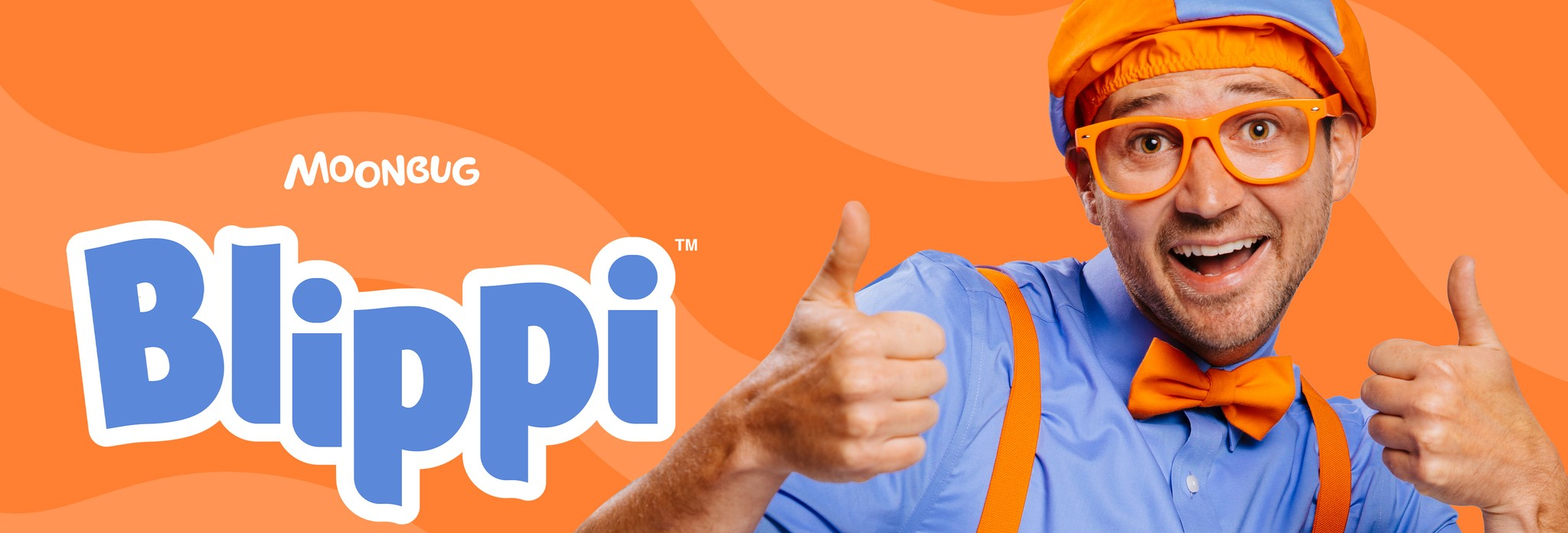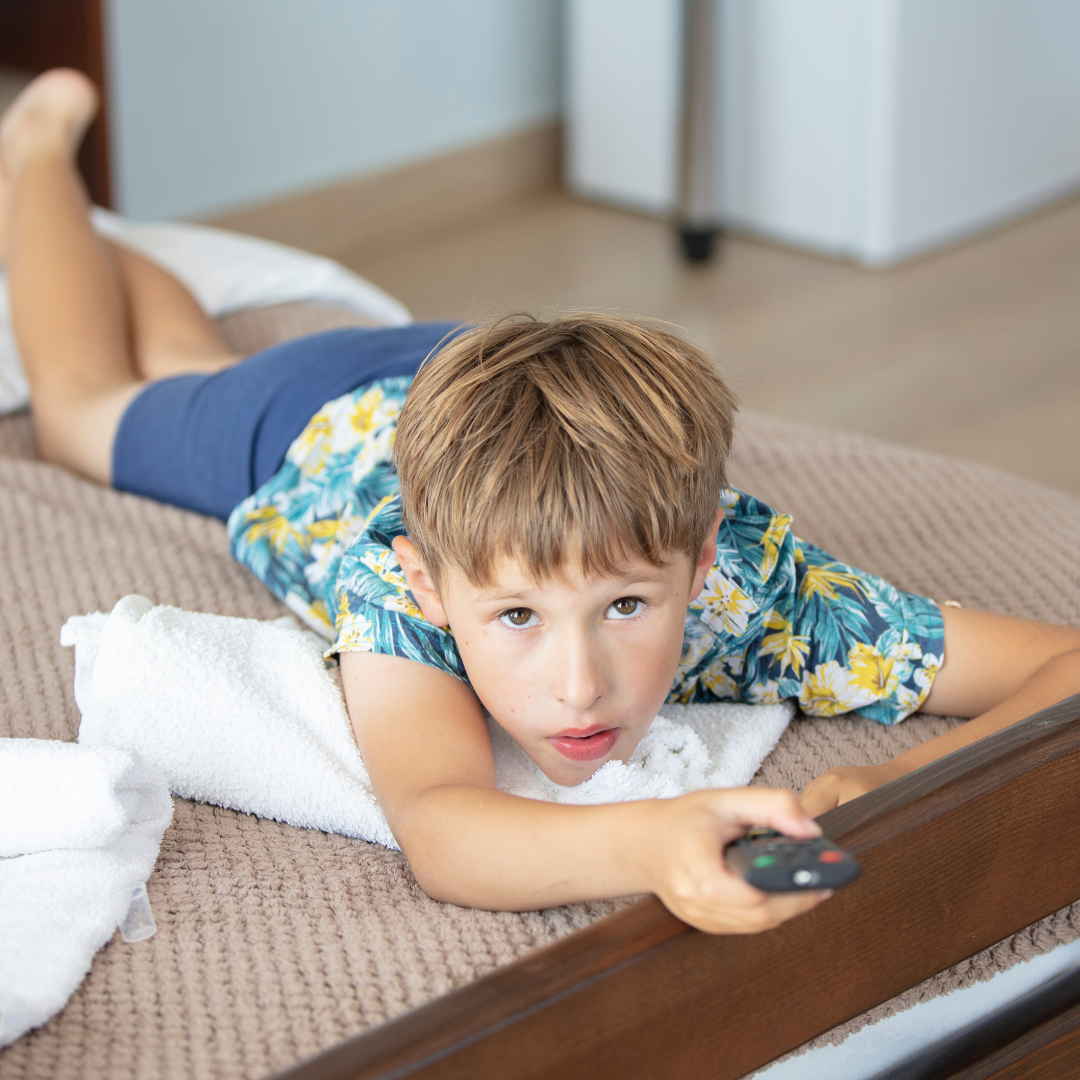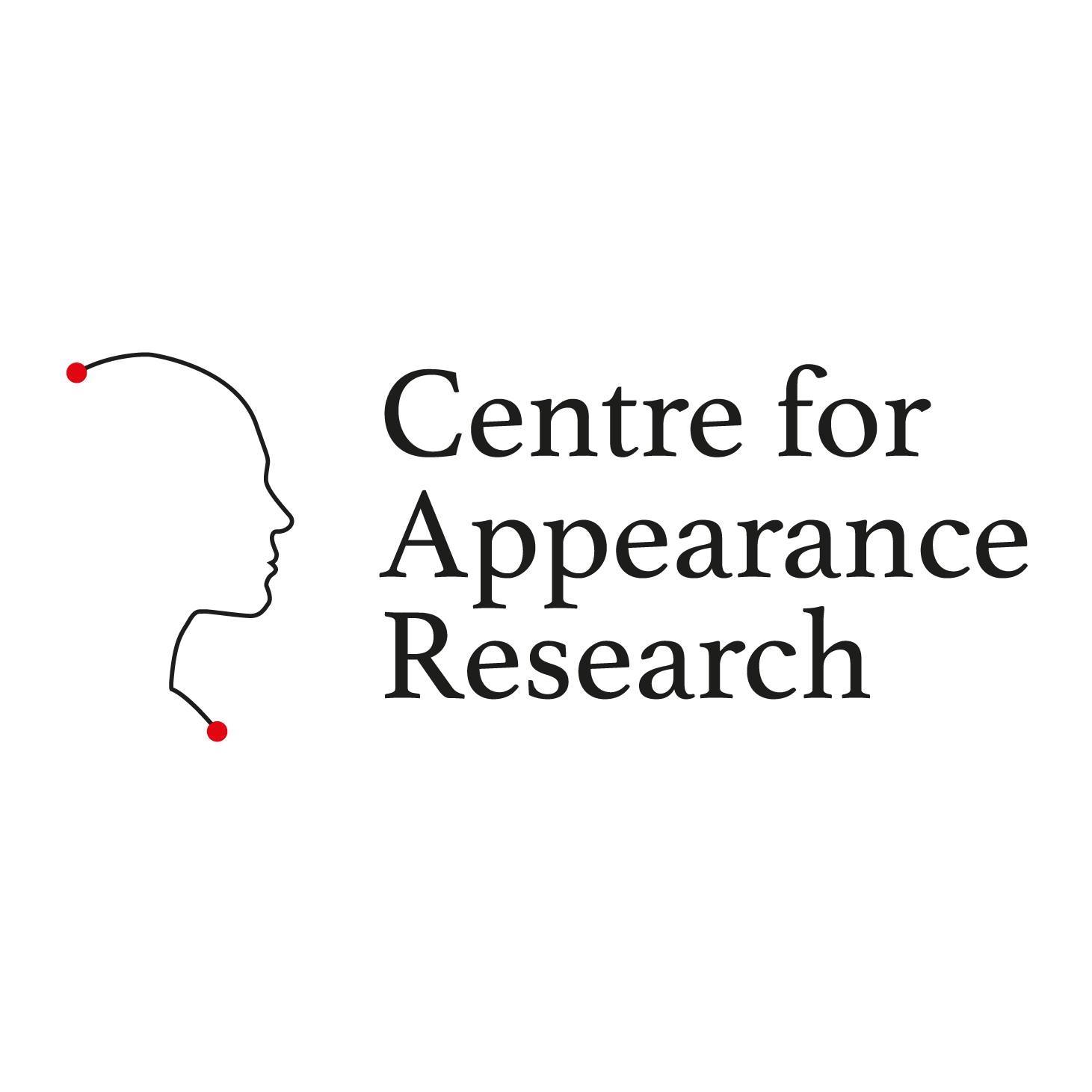

Blippi X Centre of Appearance Research
OVERVIEW

Body positivity is a critical issue for young people, making it essential for media companies to create content that fosters healthy self-esteem and inclusivity. The Centre for Appearance Research and Blippi partnered with us to explore how children’s media can promote positive body image in 4-6-year-olds. Through a two-phase study, we used engaging interviews and innovative research techniques to examine how positive messaging influences children’s perceptions of themselves and others. The findings provide valuable insights to shape future academic research and guide the creation of inclusive content for young audiences.
Our Client
The Centre for Appearance Research (CAR) at UWE focuses on the psychological and social impact of appearance, exploring body image, mental health, and self-esteem to promote body positivity and well-being. They have partnered with Blippi, a popular children's character and YouTube personality known for educational videos aimed at preschoolers. Through fun, energetic content, Blippi teaches kids about colors, shapes, animals, and everyday activities while engaging them with songs and playful exploration.
The Task
The Centre of Appearance Research was interested in the effect of positive messaging through popular children's shows to improve 4-6-year-olds perception of 1) their body's ability, 2) stereotypes of different sized bodies and 3) how much they like their bodies. This was thought to be a preventative measure to poor body-confidence later in life.
Our Solution
- We conducted a research project in two phases: the pilot and the main study.
- The pilot consisted of 80 4-6-year-olds across London participating in a 1-hour interview and a 30-minute interview one week later.
- The main study was upscaled across three locations to include 400 4-6-year-old children.
- To accommodate the age range, we conducted interviews with stimulating games and innovate research methodology


The Results
The research saw the children's content have a positive effect on the age range's perception of other bodies and confidence in their own body's abilities. The Centre for Appearance Research will shortly be publishing an academic report on the results, which will provide greater detail on the observed results: they are interested in further research into the area.